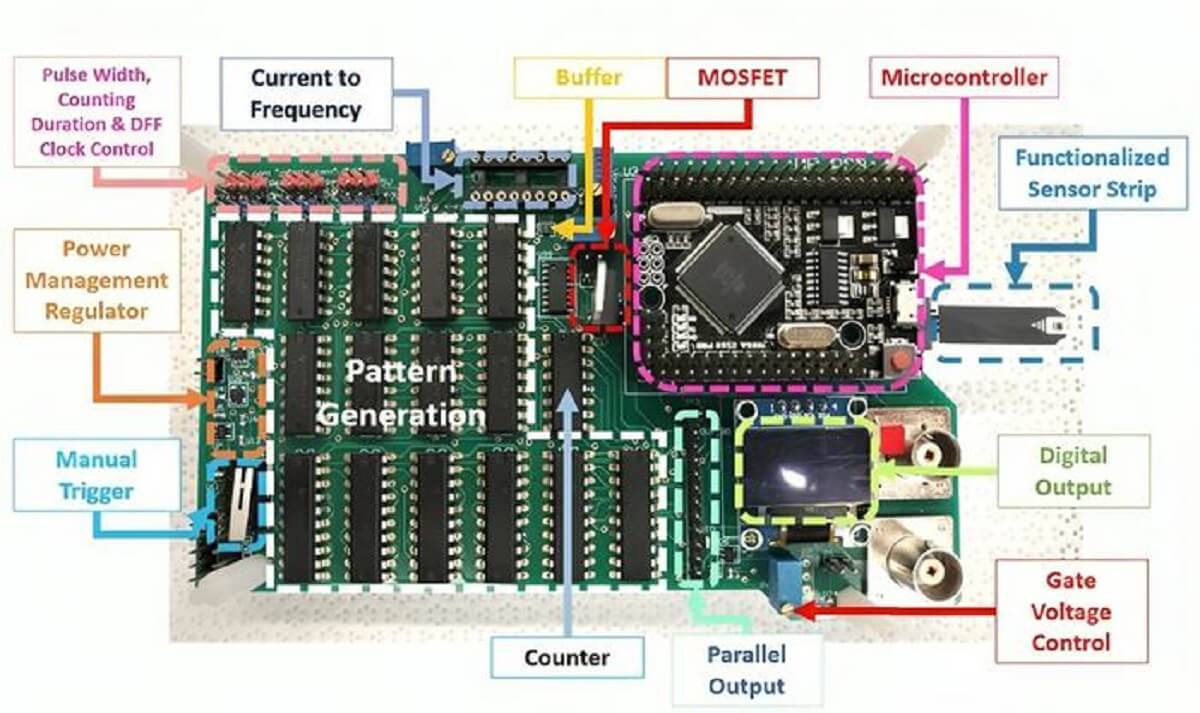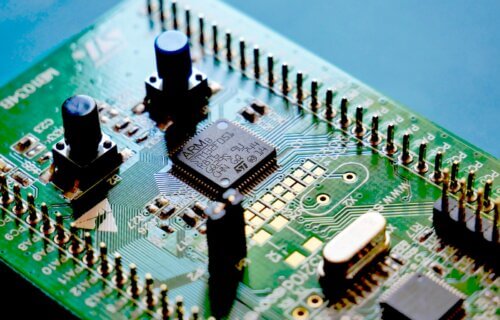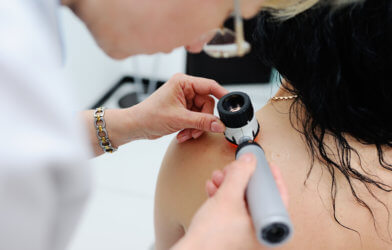GAINESVILLE, Fla. — A five-dollar circuit board could hold the key to near-instantaneous breast cancer screenings. Scientists say a new handheld device is capable of testing for breast cancer in less than five seconds using just a small sample of saliva. This portable device is not only remarkably quick and user-friendly but also highly cost-effective.
The $5 device, along with its test strips that cost just a few cents each, uses common components. These include glucose testing strips readily available on the market and Arduino, an open-source hardware-software platform.
The biosensor, a collaborative development by the University of Florida and National Yang Ming Chiao Tung University in Taiwan, employs paper test strips coated with specific antibodies. These antibodies interact with cancer biomarkers targeted in the test. Upon placing a drop of saliva on the strip, electrical pulses are sent to contact points on the biosensor device. This process leads to the binding of biomarkers to antibodies, resulting in a measurable change in the output signal. This change is then converted into digital data, indicating the biomarker’s presence.
The researchers highlight that this device stands as a revolutionary alternative to traditional methods such as mammograms, ultrasounds, and MRIs. These conventional methods often involve radiation exposure, are expensive, invasive, slow, and require bulky equipment.

The team behind this innovation hopes it will enable early breast cancer detection worldwide.
“Imagine medical staff conducting breast cancer screening in communities or hospitals. Our device is an excellent choice because it is portable — about the size of your hand — and reusable,” says the author of the study, Hsiao-Hsuan Wan, a Ph.D. student at the University of Florida, in a media release. “The testing time is under five seconds per sample, which makes it highly efficient.”
Wan notes that in many regions, particularly in developing countries, advanced technologies for breast cancer testing, such as MRIs, may not be readily accessible.
“Our technology is more cost-effective, with the test strip costing just a few cents and the reusable circuit board priced at $5,” Wan says. “We are excited about the potential to make a significant impact in areas where people might not have had the resources for breast cancer screening tests before.”
Testing results demonstrate the device’s ability to provide accurate results even with biomarker concentrations as low as one femtogram per milliliter.
“The highlight for me was when I saw readings that clearly distinguished between healthy individuals and those with cancer,” Wan highlights. “We dedicated a lot of time and effort to perfecting the strip, board, and other components. Ultimately, we’ve created a technique that has the potential to help people all around the world.”
The study is published in the Journal of Vacuum Science & Technology B.
SWNS writer Isobel Williams contributed to this report.




What is the best android version of apple air tags? Thanks so much. Cindy
Can u get this 5 board and strips for home use?
I would like to know about these strips also…medical certainly doesn’t offer us anything like that.
Can we purchase the board and strips now for home use?
Is this available for the general public to purchase?
is there a crowd funding available for this where people can help fund this…